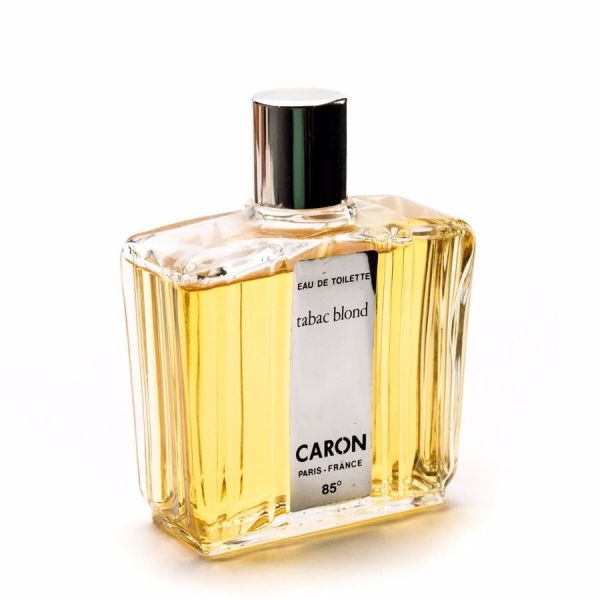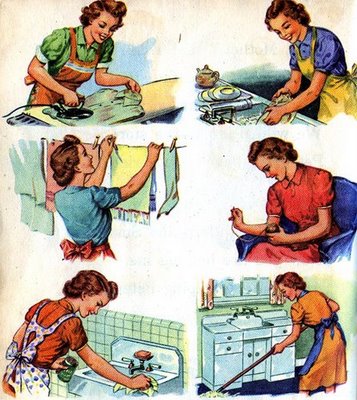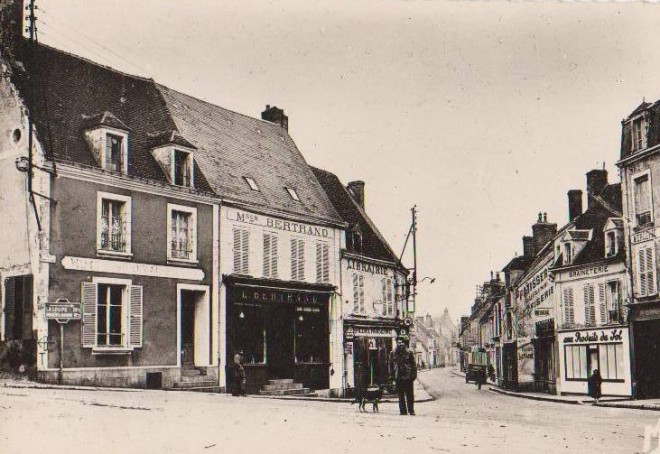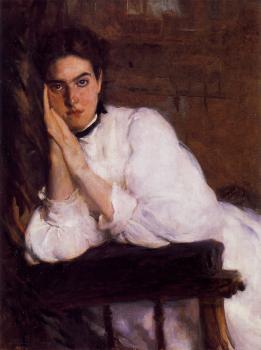
Fidelity (1924) explores the fate of a young woman whose fidelity to herself makes her an outcast from the society in which she lives.
Ruth, the central character, falls in love with Stuart Wilson, a married man. Stuart is trapped within a loveless marriage and his wife Marion refuses to divorce him. Stuart learns that he has tuberculosis and decides to leave Freeport (the Iowa town in which the novel is set), for health reasons. Ruth goes with him to Colorado. In doing so she leaves her family, her childhood friend, Edith, and the close-knit community in which she lives. The only other person who knows about and supports Ruth in her decision to leave is Deane Franklin, another childhood friend who is himself in love with Ruth. Eleven years later, Ruth returns. Her mother has died and her father is dying. Most of the community remains closed to her; only her younger brother Ted, her classmate Annie and Deane Franklin welcome her return. Deane has recently married an outsider, Amy, who is being introduced into the social circles in which Ruth once moved. The arrival of Ruth leads to conflict between Deane and Amy because Amy is unable to understand Deane’s empathy for Ruth’s situation. After her visit home, Ruth returns to Stuart but when her younger brother Ted persuades Stuart’s wife finally to divorce him (finally giving Ruth the longed-for opportunity to marry Stuart) she decides not to and instead leaves him to make her own way alone.
Ruth’s fidelity to herself is at odds with the demands of the society in which she lives. Freeport offers a ‘pleasant, characterless’ sort of living ‘on a limited part of the surface of life’ and Ruth can see its attractions: even in the midst of her all-encompassing affair with Stuart, she is very conscious of the painfulness of ‘hurting her relations with people’, particularly her family. This awareness of the value of the ties that bind people together is even more acute when she returns to Freeport after eleven hard and lonely years living in Colorado with Stuart. She realises more fully the pain that she caused her family. As she walks through the town and looks at the homes there, she thinks of all the inhabitants and how their lives and feelings are so closely inter-woven:
‘…feelings which they as individuals knew reached out into common experiences… It was love… that gave these people that common life. Love was the fabric of it. Love made new combinations of people…The very thing that had shut her out was the thing drawing them into that oneness, that many in one. Homes were closed to her because of that very impulse out of which homes were built.’
She knows too the ‘kindly impulses’ that are there for anyone who plays by society’s rules. But she is also very aware that those ‘kindly impulses’ are ‘circumscribed’ by society. Various characters in the novel articulate just why someone like Ruth has to be treated so ruthlessly after she has done what she has done. She is regarded as a ‘traitor’, as having infringed rules which are necessary for the continuance of life as it is arranged within society; because she has defied the rules, she must be ‘shut out’. This is society’s way of protecting itself from a potentially disruptive force. Those within society must act for the greater good of the community, not on the basis of their individual desires as Ruth has done.
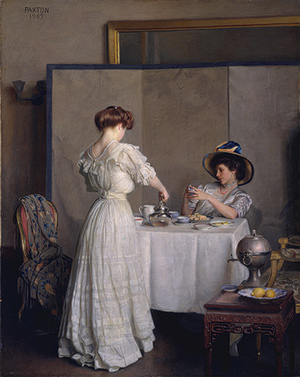
But Ruth feels herself drawn away from society by stronger currents than those that play on the surface of things. She feels these currents in her love for Stuart, which seems to her like an elemental force which she is powerless to hold back. She lives in a way that is open to the world, she feels vibrantly connected to it, caught up in the flow of life. This is a quality that is noted in her by Stuart and also by Deane Franklin – the ‘homely youngster’ with awkward movements, a wide generous mouth and ‘abrupt, hearty manner’ – who loves and supports Ruth throughout despite his unrequited feelings for her. Unlike so many of her Freeport contemporaries (Stuart’s wife, Marion with her poised and cool beauty and her ‘atmosphere of high self-valuation’, Mrs Lawrence, Edith’s mother with her ‘metallic pleasantness’ and the outsider, Deane’s wife Amy), Ruth is free from ‘those blurring artificialities that keep people apart’. She lives with empathy and reaches out to the world around her in a very human way. Deane, in particular, comes to feel that society tends to take away this humanity and replace it with a hard ‘crust’ of artificiality that is almost impossible to break through.
It is also Deane who most clearly articulates the opposition between ‘life’ and ‘Society’ that runs through the novel. On the one hand, there is life as it has been ‘arranged’ in society, all the things that bind people together in society together: trivial ties, stifling conventions and rules but also common experiences, love, and community and family life. Then there is ‘the whole flow of life’, and love and fidelity to oneself that, for Ruth seems entirely at odds with the society in which she lives. This is the main tension throughout the novel which Ruth grapples with and which propels her forward. And as she grows into her experiences, she experiences ‘a wonderful new feeling of there being as much for her in life as she herself had power to take’, as though the only limits on what she can do depend on her ability to collect and channel all the energies surging though life.
But she recognises within herself some of the instincts that help keep Society as closed and stifling as it is. On her return to Freeport, she encounters Mildred, a young woman who, like Ruth once did, is contemplating casting Society aside in favour of love for a married man. Ruth advises Mildred against following the course she has taken. She realises that her reaction is ‘just that thing which kept the world conservative. It was fear for others…’. There was something in ‘womankind [that] made them, no matter how daring for themselves, cautious for others. And perhaps that, all crusted round with things formal and lifeless, was the living thing at the heart of the world’s conservatism.’
Another female character in the novel, Annie, is freer than Ruth is from these instincts. Annie is an old classmate of Ruth, who Ruth once virtually ignored because she wasn’t part of the social set in which she and Edith, her closest childhood friend, moved. When Ruth returns to Freeport, Annie is one of the very few people who welcomes her and spending time with her awakens in Ruth a stronger sense of how to move on from the situation she is in. Despite the narrow circumstances of her life, ‘a marriage which offers no love or companionship, little in the way of material comforts or opportunities’, Annie shows no signs of being ground down by her life. She suggests that it is the very fact that she has had so little of what she would liked to have from life itself that has given her such a strong sense of self, a sense that what counts is what she thinks and feels. Annie is also a loving mother to her children but her views of motherhood have a very modern ring. She feels that ‘much precious life has gone dead under the idea of children being enough, letting them be all…Suppose they, in their turn, have that idea; then life’s never really lived, is it? Always just passed on, always put off.’
After her time with Annie, Ruth begins to face the fact that her love for Stuart, once such a bright, burning part of life, has been worn down by their life in Colorado, their ‘cramping little house full of petty questions’ and their ‘hard little routine’. She reflects that things might have been different ‘had the usual channels of living been opened to them..’. Indeed, she comes to feel that love has to be ‘related to living’ in order to remain ‘the heart of life…’. A love like theirs is not sustainable unless they can live out their lives as a couple whilst remaining part of society, part of a wider community. Yet despite this realisation, Ruth does not see their love as having ‘failed’. ‘Far from engulfing all the rest of life, it seemed now that love should open life to one. …it failed if it did not leave her bigger than it had found her… it should send one on.’


